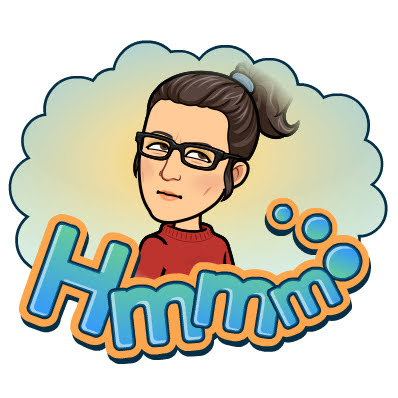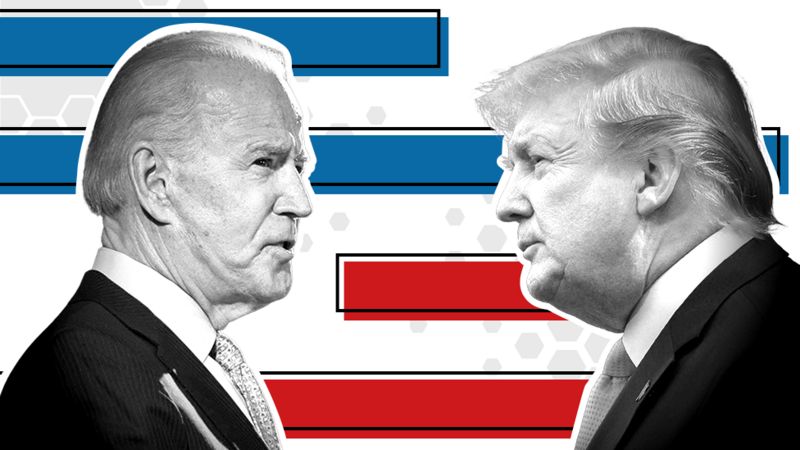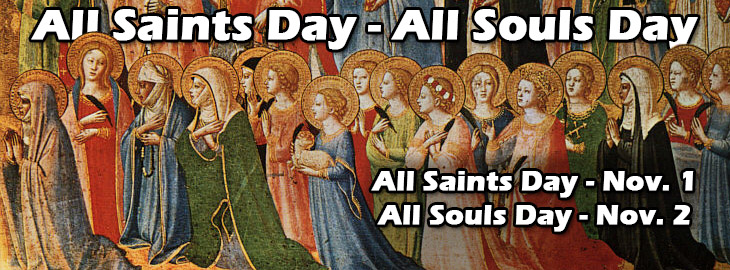
When we work with people from all different areas and interests, we end up talking about a wide variety of things and using the vocabulary specific to each subject.
So, after a student’s visit to Luiz Alves, known as “Terra Nacional da Cachaça,” or “National Cachaça Land,” in the Santa Catarina State, in the south of Brazil, a search in the vocabulary used by people who enjoy drinking (and that’s not me – hehe) was necessary.

As far as I know, the Portuguese word “cachaça” is used in English too. To my surprise, I did some search and found it in the Cambridge Dictionary:
cachaça noun UK /kəʃæs.ə/ US /kəʃɑː.sə/ a strong alcoholic drink similar to rum, made in Brazil from the juice of the sugar cane plant
Additionally, I found this information on the English Experts website:
Donay Mendonça says: “Aqui na minha região (Goiás), a palavra cachaça é também usada – informalmente – para se falar de bebida alcoólica em geral, e não somente aguardente. Em inglês, há também um equivalente informal comum para este caso: booze.
Booze: alcoholic drinks. [Merriam-webster]
Exemplos de uso:
- They turn to booze to beat work pressure. [Eles acabam recorrendo à cachaça para superar a pressão do trabalho.]
- Have you got enough booze for the party? [Vocês tem cachaça suficiente para a festa?]
- He’s been on the booze (=drinking too much alcohol) for five days. [Ele está afundado na cachaça faz cinco dias.]
- My husband is now off the booze (=no longer drinking too much alcohol) and he is a different person. [Meu marido agora largou a cachaça e está uma pessoa diferente.]
Only one more finding for cachaça at bab.la, because I believe three results for a search are good enough:
Okay! And cachaça is made in a distillery, not in a brewery! Hehe!
Brewing is the process of producing alcohol by steeping malted grains in hot water to extract the starch and produce a sweet liquid, which then undergoes a fermenting process using yeast. Distillation is the process of purifying a liquid, by heating and cooling.

So, which one do you prefer? How would you compare beer with spirits?
I’m sure you know what beer means. But what about spirits?
Spirit (noun) is a strong alcoholic drink such as whisky or brandy:
Vodka is a type of spirit.
Spirits are more expensive than beer, but they get you drunk faster.







